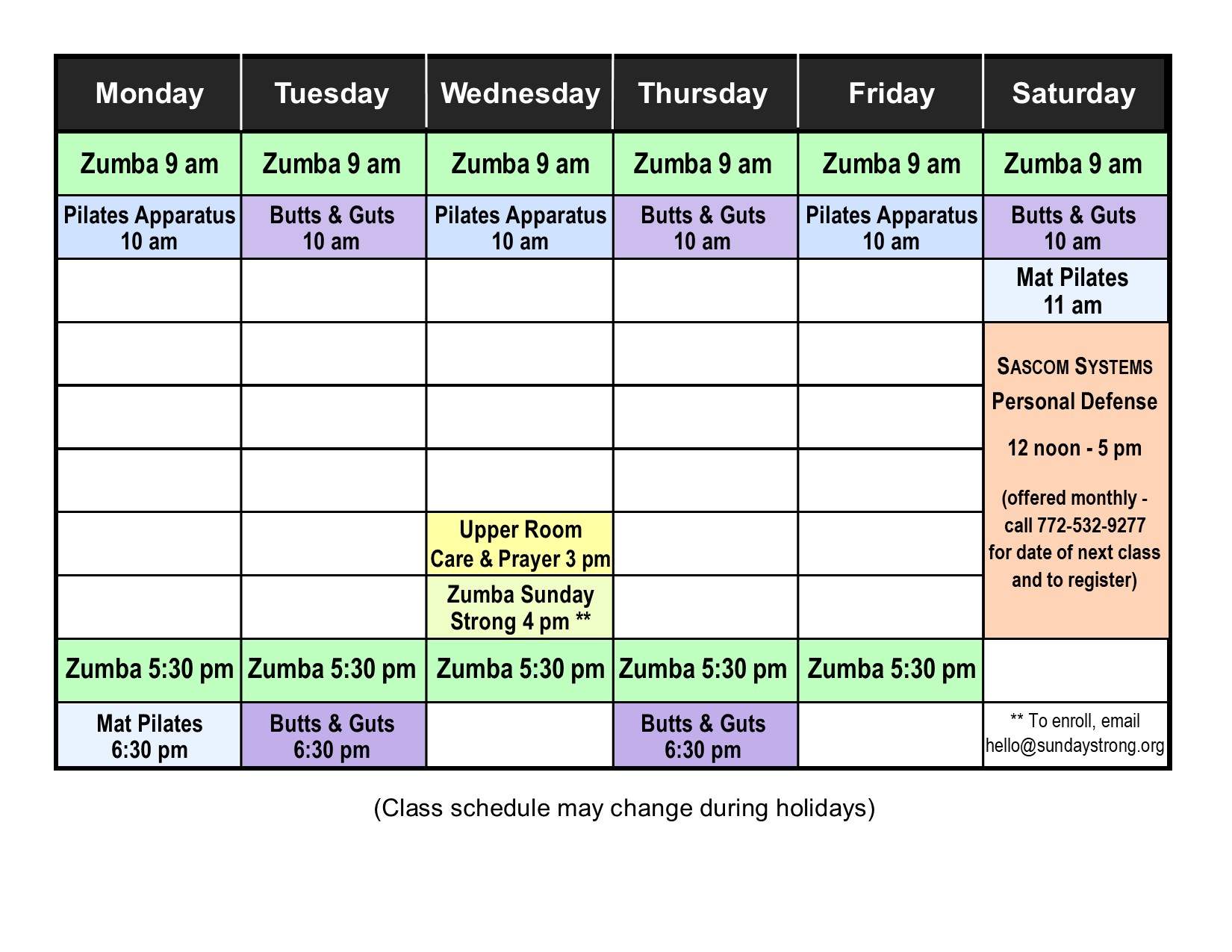

Add/drop dates vary by campus and by the quarter/semester calendar. Eligible UC undergraduate students can enroll simultaneously in another UC's online course.
COURSE SCHEDULER SERIES
Students in the University of California system can take a series of online courses offered by the various UC campuses. The course instructor will provide more information to students about face-to-face meetings prior to the start of the term. In-person (I) – course may have one or more face-to-face meetings. Online (O) – course is held remotely with no face-to-face meetings A catalog course search is also available at or via the "Registration" icon in R'Web.
COURSE SCHEDULER DOWNLOAD
Explore the Catalogīrowse courses in the General Catalog, download it to your mobile device or print it out by section.
COURSE SCHEDULER REGISTRATION
Plan for alternatives and write down your top choices to make registration easy. Search the Schedule of Classes for class times, locations and instructors.


Prerequisite: satisfactory completion of a Multivariable calculus course (equivalent of Math 2350, Calculus III).Design Your Perfect Schedule Build Your Schedule Applications to statistics will include regression, confidence intervals, and hypothesis testing. The Law of Large Numbers and the Central Limit Theorem will be developed. Also, expectation, variance, correlation, sum and joint distributions of random variables will be studied. The axioms of probability and conditional probability will be studied as well as the development, applications and simulation of discrete and continuous probability distributions. Prerequisite: MATH 2150, Discrete Mathematics and MATH 2350, Calculus III. Topics include completeness of the real numbers, sequences and limits, infinite series, and continuous functions. Prerequisite: Satisfactory completion of at least two semesters of calculus, including the study of series and sequences and improper integrals.Īn introduction to proofs in analysis. Prerequisite: Completion of or concurrent enrollment in Multivariable calculus course (equivalent of Math 2350, Calculus III)įirst order differential equations, linear second order differential equations, the Laplace transform method, power series solutions, numerical solutions, and linear systems.

Systems of linear equations, matrices, vector spaces, linear independence, basis dimension, determinants, linear transformations and matrices, eigenvalues and eigenvectors. Prerequisite: MATH 2150 (Discrete Mathematics), and either MATH 1360 (Calculus 2) or score of 4 or 5 on the AP Calculus AB or BC exam. Prerequisite: Satisfactory completion of at least one semester of calculus.Ī careful study, with emphasis on proofs, of the following topics associated with the set of integers: divisibility, congruences, arithmetic functions, sums of squares, quadratic residues and reciprocity, and elementary results on distributions of primes. Much emphasis will be focused on the ideas and methods of mathematical proofs, including induction and contradiction. Introduction to most of the important topics of discrete mathematics, including set theory, logic, number theory, recursion, combinatorics, and graph theory. Prerequisite: Satisfactory completion of a course similar to Calculus II (MATH 1360), or a score of 4 or more on the AP Calculus BC exam. Parametric curves, vector functions, partial differentiation, multiple integrals, Green's Theorem and Stoke's Theorem. Prerequisite: Satisfactory completion of a course similar to Calculus I (MATH 1350), or a score of 3 or more on the AP Calculus AB or BC exam.Ĭontinuation of Calculus II (MATH 1360). Transcendental functions, techniques and applications of integration, Taylor's theorem, improper integrals, infinite series, analytic geometry, polar coordinates, introduction to differential equations. ***Ĭontinuation of Calculus I (MATH 1350). Prerequisite: Satisfactory completion of a course similar to Precalculus (MATH 1050) *** See Mathematics Department prerequisite policy. Rates of change of functions, limits, derivatives of algebraic and transcendental functions, applications of derivatives, and integration. Selected topics in analytical geometry and calculus.


 0 kommentar(er)
0 kommentar(er)
